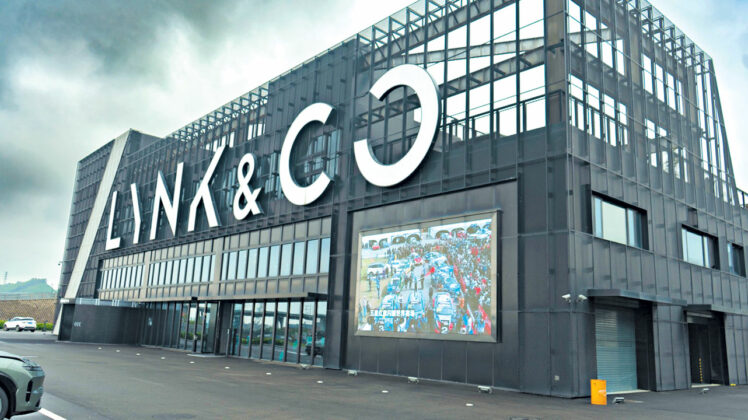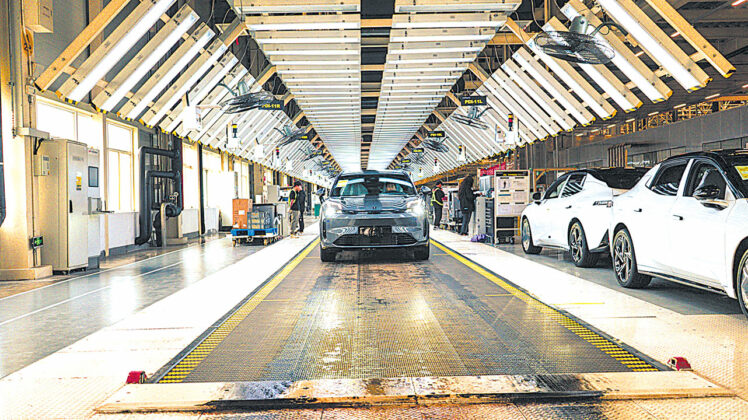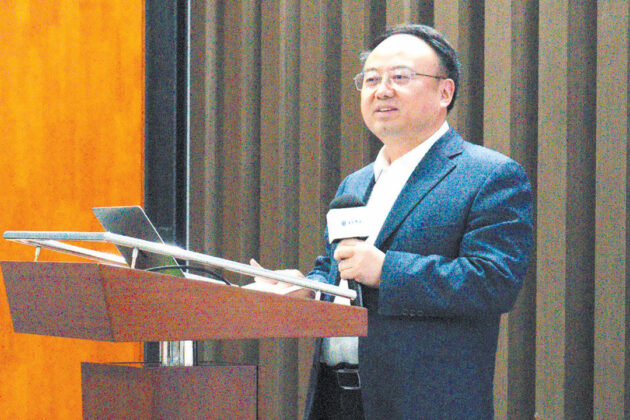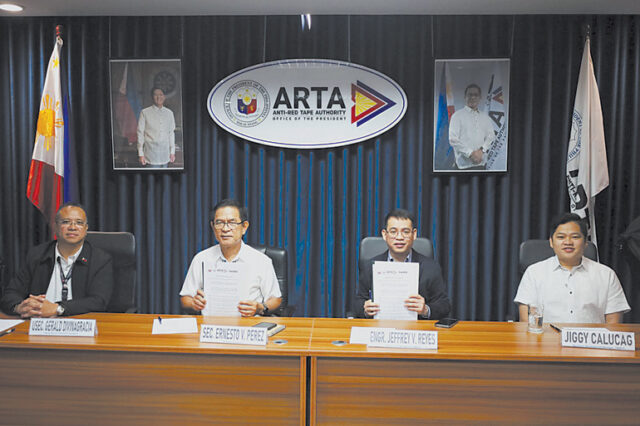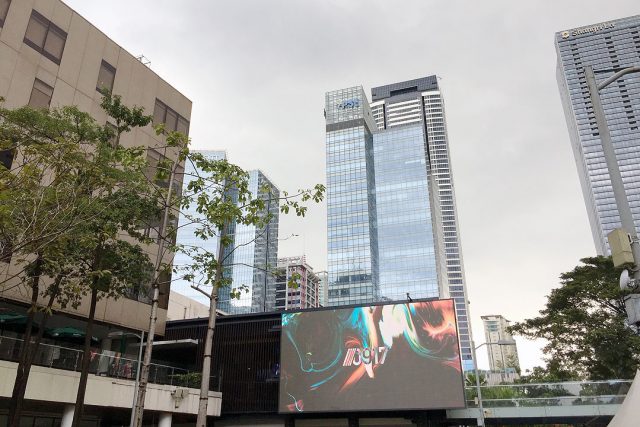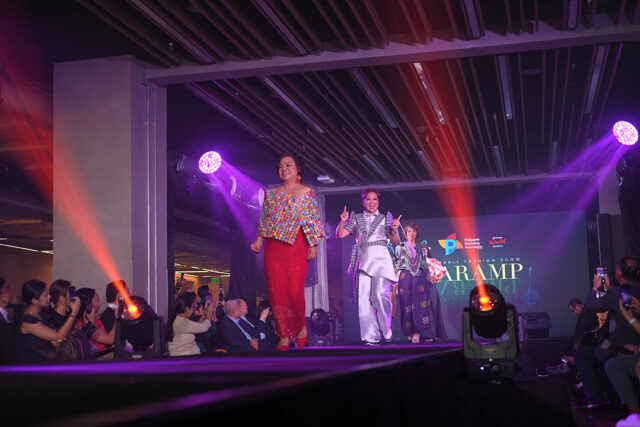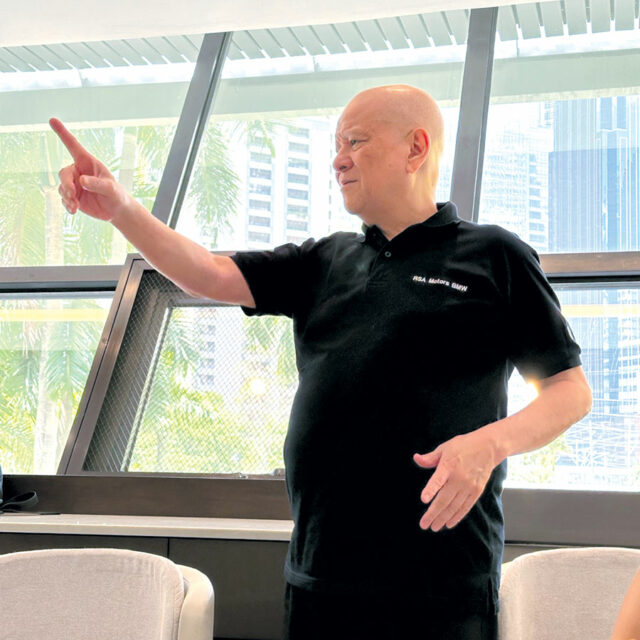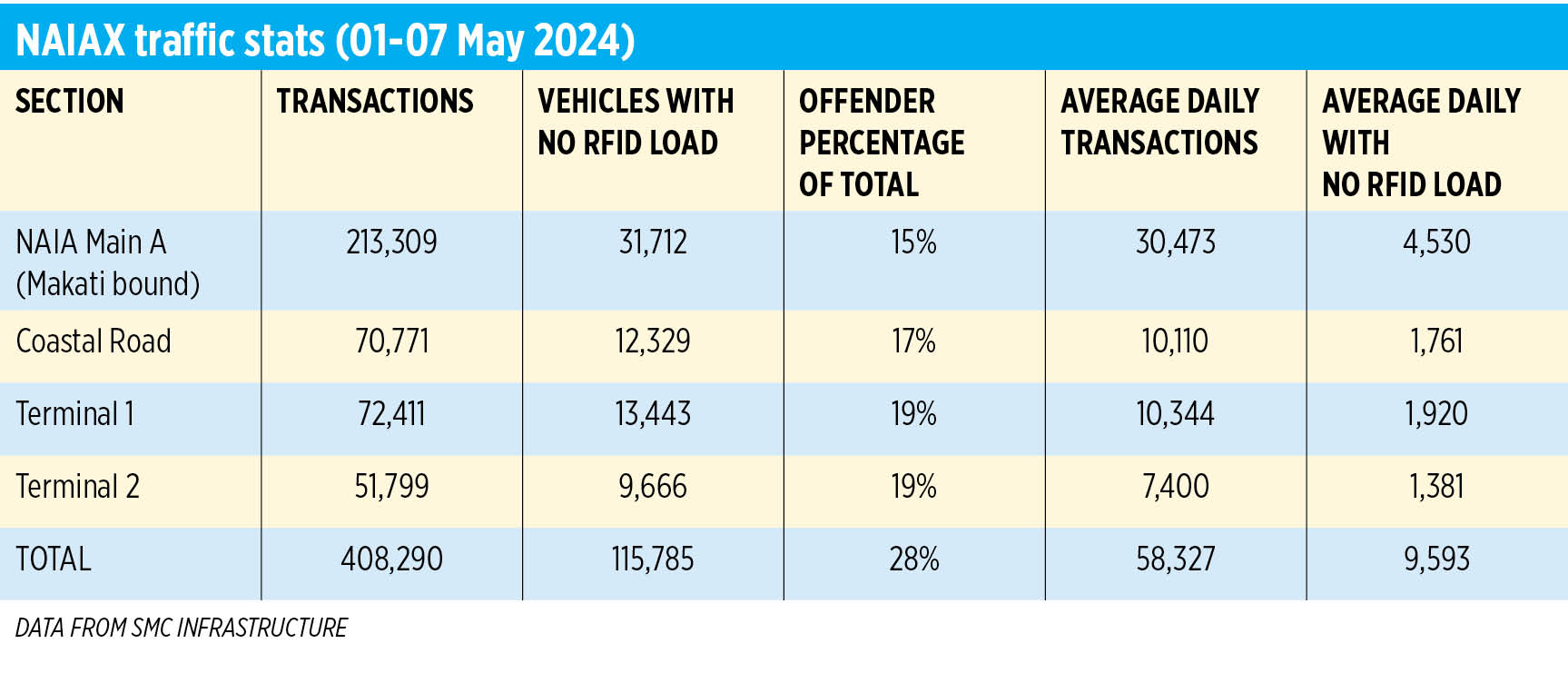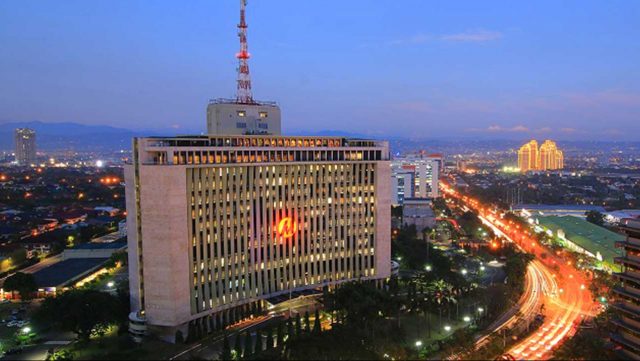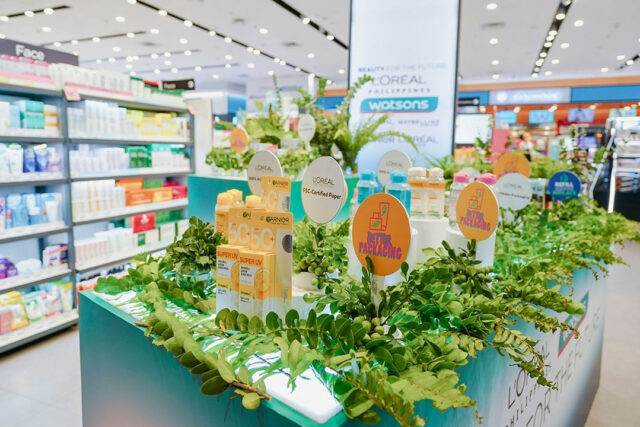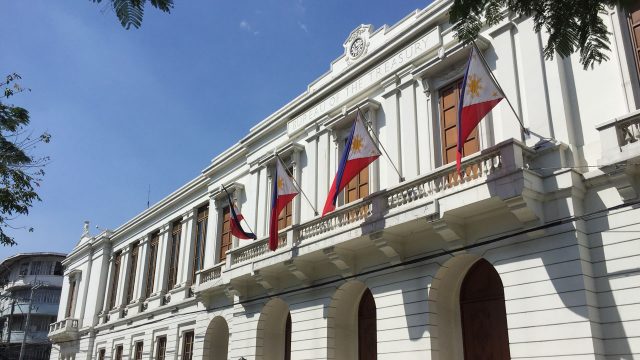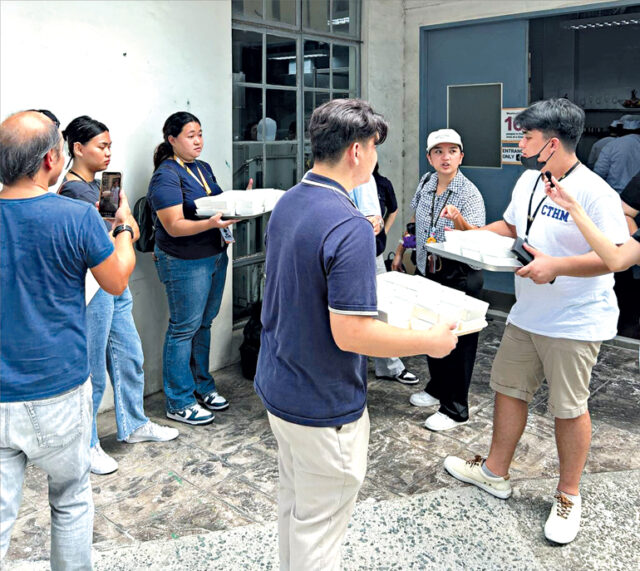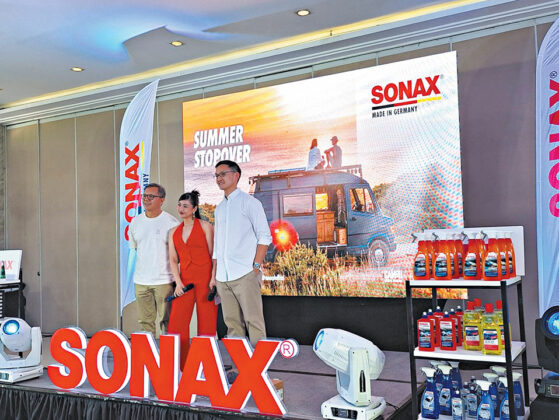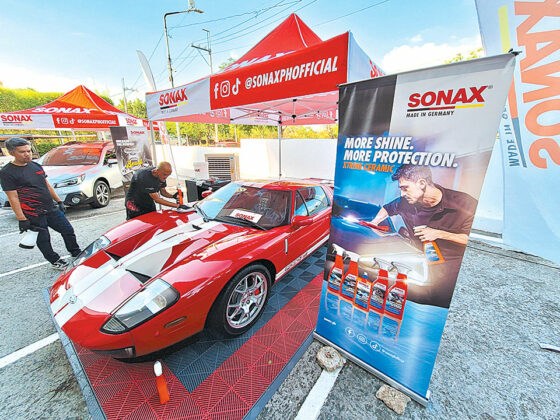Lynk & Co wants to break the ‘made in China’ stereotype
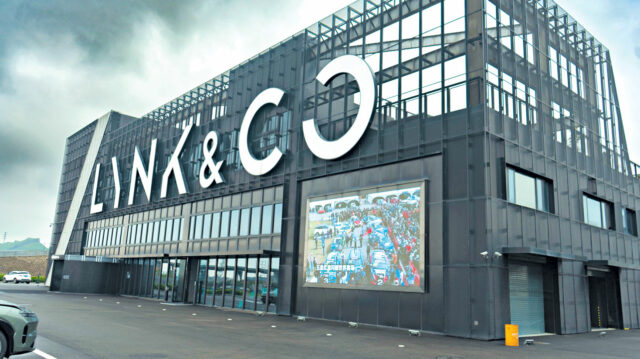
This challenger brand is taking on the premium segment
By Kap Maceda Aguila
THE ASPIRATION of new local player Lynk & Co, definitely a rising star in the larger Geely stable of brands, is lofty.
“In the new-energy era, Geely’s positioning of Lynk & Co is very clear, which represents (its) ambition of globalization and high-end orientation. It is to be the number-one car brand of high-end trending (SUVs) and EVs,” said Lynk & Co CEO Xiangyang Liu at the marque’s Hangzhou, China headquarters recently. Addressing a Philippine delegation comprised of United Asia Automotive Group, Inc. or UAAGI (distributor of the brand’s vehicles) executives along with bank partners, media representatives, and content creators, Mr. Liu added, “In November 2023, Lynk & Co became the fastest Chinese premium car brand to reach one million (units in) sales volume in less than six years… In the field of new energy vehicles, Lynk & Co. continues to make great efforts in sales.”
And though the brand is a veritable toddler in the automotive scene — launched just eight years ago in Berlin — the executive wasn’t shy about claiming superlatives such as “highly good-looking,” “high performance,” and “high safety” — underscoring that the ultimate goal is to “bring Chinese automobiles to a new level.”
For many car browsers, this notion still takes some getting used to, or needs to be driven home more thoroughly and forcefully amid a glut of brands from our country’s big neighbor to the north. “Velocity” exclusively spoke to UAAGI Chief Marketing Executive and Senior Vice-President Lyn Buena in China about this, who remarked, “I believe that ‘premium’ is something that is inherent to the Lynk & Co brand given its lineage. It’s something that is authentic, and you can see it in the cars that we have — in the models that we have currently, and in the ones that we’ll be offering soon,” she said.
According to Mr. Liu, Lynk & Co always strives to develop “original designs,” which come out from its design center in Gothenburg, Sweden. He insisted that the brand “grows with the customers, (its) design advances as the needs evolve.” The main target demographic is undoubtedly a younger set — so-called “contemporary young users (with a) diversified taste for individuality,” and the design team espouses to meet this need.
Beginning in 2020, Lynk & Co commenced its “global strategy” which kicked off in Europe. It’s apparent that the brand is not using the average Chinese auto company playbook, as it deployed a “subscription-based business model” that targets “urban, young, and connected” clients. According to the company, by July 2023 it had registered 229,783 subscriptions — predicated on 11 locations (or clubs) across six European countries including the Netherlands, Sweden, Belgium, Germany, Italy, and Spain.
By November of 2021, it ventured into the markets of the Middle East, first establishing a foothold in Kuwait, then in the other so-called GCC or Gulf Cooperation Council countries. As it makes forays into Asia, Lynk & Co now boasts a network of more than 370 Lynk & Co Centers, 120 Lynk & Co Spaces, and a Lynk & Co Club.
It promises to further penetrate markets in Southeast Asia, Middle East and North Africa (or MENA), and Central Asia even while it sets its sights on new territories like Latin America.
This year’s Manila International Auto Show, which marked the Philippine debut of Lynk & Co, also saw the public unveiling of its initial salvo of offerings: the 01 PHEV (plug-in hybrid electric vehicle) crossover, and the 06 SUV. The 01 gets a turbocharged 1.5-liter MP+ engine paired with a seven-speed wet dual clutch transmission. A separate battery-powered electric motor (charged via a CS2 port) can offer as much as 69 kilometers of pure-electric range, and allows the system to output a combined 262ps and 265Nm.
The 06 subcompact crossover is powered by a three-cylinder, turbocharged 1.5-liter mill, and sports (like the 01) Aurora Borealis DRLs and Energy Cube LED rear lamps. It gets a panoramic sunroof, a powered tailgate, and dual chrome exhaust pipes.
The 05 SUV, a surprise reveal at the show (unlike the previous two which were previewed to partners and the media), is a good-looking fastback that aims to punch above its price point. A turbocharged 2.0-liter engine provides motivation for the 05, serving up 254ps and 350Nm which drives all four wheels. Priced at P2.748 million, this is not meant for the entry-level browsers but, asserted Lynk & Co, “those who value refined power and luxury.” From the get-go, the auto firm wants its messaging clear.
Lastly, the 03+ sedan also made an appearance, albeit as a preview. “The 03+ will be available here in Q4,” revealed Ms. Buena to this writer just recently. As for the so-called EM-P models (Lynk & Co nomenclature for PHEVs), they will “likely be here by 2025.”
The first of the brand’s showrooms will open next month on Zapote Road in Alabang.

